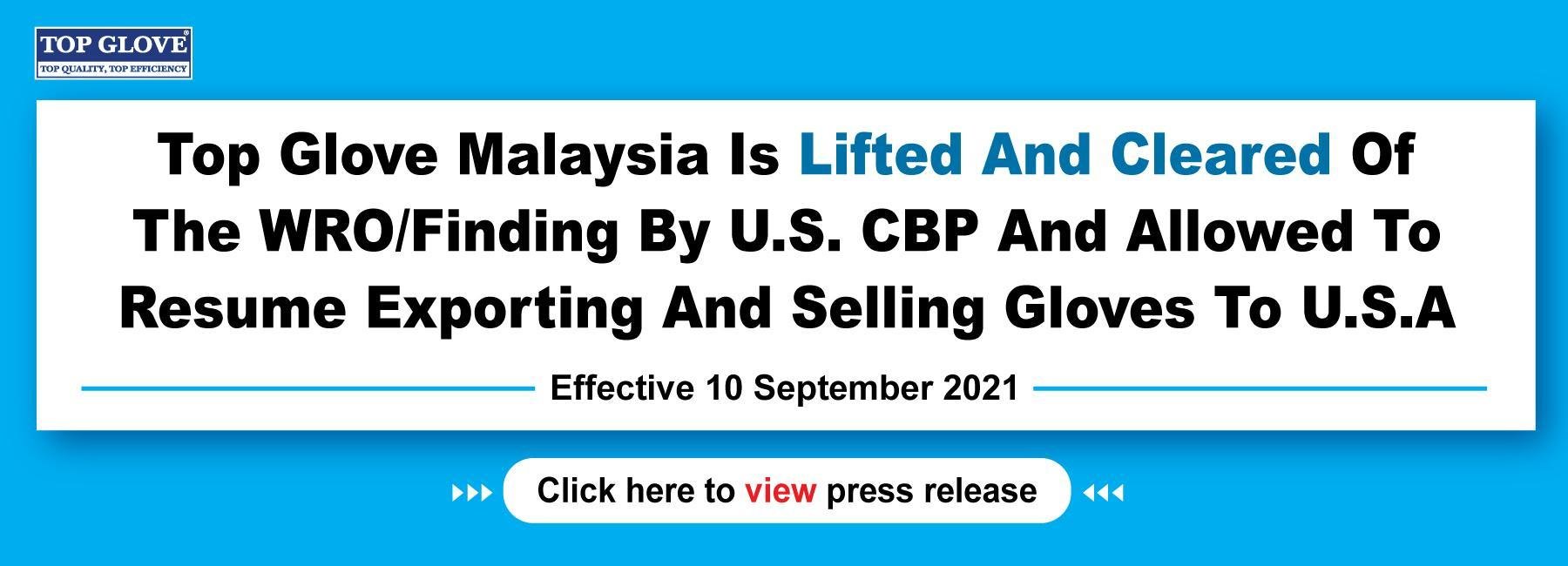TOP GLOVE TO HAVE CAPEX OF OVER RM150 MILLION IN 2015
17 October 2014 / 12:10
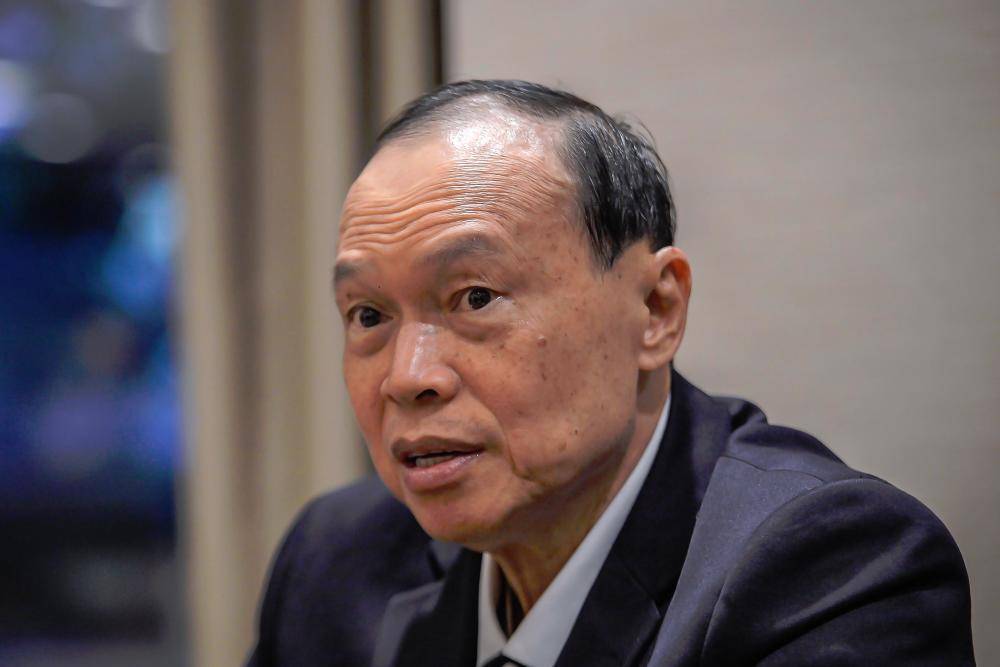
KUALA LUMPUR: Top Glove Corp Bhd plans to spend over RM150 million as capital expenditure (capex) in its financial year 2015, mainly to beef up the group’s production capacity.
“On top of that we will also set aside some cash for the purpose of M&A (mergers and and acquisitions),” chairman Tan Sri Lim Wee Chai told a media briefing on the glove maker’s fourth quarter financial year ended Aug 31, 2014 (4QFY14) performance.
Lim said the group has always been eyeing opportunities in the market — whether locally or abroad he declined to say — and that the sum set aside would depend on the size of the acquisition.
It should be noted that as at Aug 31 this year, after factoring in acquisitions and capex of RM226.5 million, the group has a net cash balance of RM157.6 million.
As for its rubber plantation business in Indonesia, Lim said there are challenges in managing it, so the group is looking to partner with a local player to improve its operation there.
Top Glove will soon have another two factories in Klang completed, namely F29 (by next January) and F30 (by Sept 2016), producing 2 billion and 4.4 billion gloves per annum, respectively.
The group now has 150 acres (60.7ha) of land in Klang, with another 80 acres scattered in Banting and Ipoh. Lim said the group might expand its land bank for new capacity but did not elaborate more.
Meanwhile, the group’s full financial year 2014 (FY14) net profit of RM183.4 million is 10% down from FY13 because of increasing costs, particularly in utilities like electricity (16% increase) and natural gas (19%), which cost the group some RM8 million and RM20 million, respectively.
Other than that, the minimum wage policy has also increased costs, hence the group’s renewed focus on automation.
“Automation could reduce our workforce from about 7,000 to 6,000,” Lim said, but added that “it [had to] hire more engineers, and further strengthen the overall workforce.”
“Increasing efficiency internally is key. We will enhance automation by using better equipment and machines and reducing waste such as recycling heat energy to improve profit margin.” On the Ebola virus outbreak in western Africa, Lim said demand increase in affected countries won’t significantly affect the group’s bottom line as they represent only a small percentage of the group’s customer base.
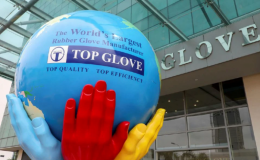

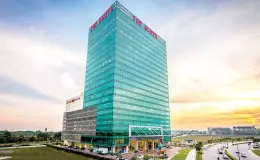
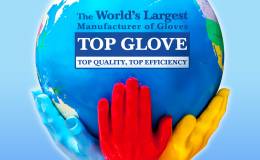

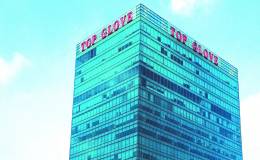

.jpg)

.png)
.png)
.png)

.png)
.png)
